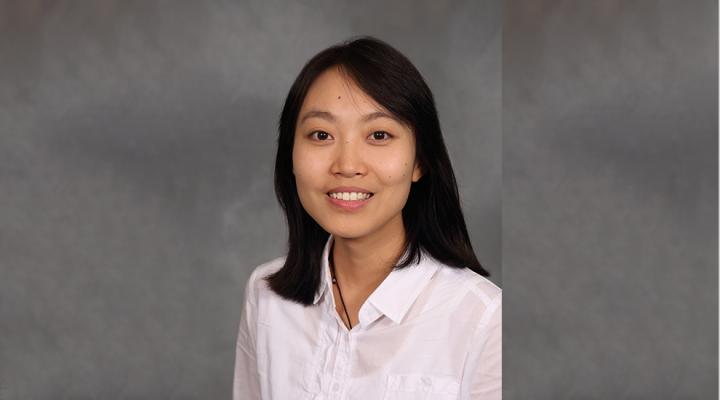For many web sites, including online urban city guide Yelp, decisions about what to display in response to a user’s action are crucial to customer satisfaction and profitability.
As one of the first Ph.D.’s hired by Yelp, Scott Clark Ph.D. ’12 has built a “black box” optimization system, Metrics Optimization Engine (MOE), developed in collaboration with ORIE Professor Peter Frazier. He is also promoting a “multi-armed bandit” approach to Yelp decision-making that is based on his “optimal learning” thesis work with Frazier. MOE is intended to help Yelp and others make decisions that optimize criteria like the so-called click-through rate (CTR), which measures how often a user clicks on a link on a Yelp webpage or screen to seek further information about what is displayed there.
Yelp recently announced that the MOE system, “a machine learning approach for optimal experiment design,” is available to all as open-source software. “MOE implements several algorithms from the field of Bayesian Global Optimization,” according to Yelp. “Within 72 hours of becoming public, MOE became the third most popular open source project Yelp has ever released,” Clark reported.
Clark’s thesis work with Frazier dealt with a problem seemingly remote from Yelp’s need: the bioinformatics problem of reassembling a genome from the fragments produced by sequencing machines. But when he arrived at Yelp, Clark saw similarities between his thesis work and problems faced by Yelp.
In both cases, an optimal learning approach that balances the exploration of possible solutions with the exploitation of promising solution candidates can yield superior results, especially in situations where it is very expensive to evaluate each individual alternative. In the case of Yelp, evaluating alternatives might mean systematically presenting different users with different responses to the same request (for example for a pizza place), in a so-called A/B experiment.
Such experiments, which Yelp carries out continuously, are expensive to run. “Showing the most relevant search results to a user provides a good user experience, and showing the right advertisements benefits the user, Yelp, and Yelp’s commercial customers,” said Clark.
At the public opening of a new Yelp facility in San Francisco, Clark introduced optimal learning to an audience of software engineers and other technically-oriented individuals.
In his talk, he described the “multi-armed bandit” model, which is applicable to many situations in which choices must be made from among a set of alternatives, each of which has an unknown underlying probabilistic reward mechanism (for example, a set of slot machines, each of which has different unknown payout odds, or a set of results that can be provided to a Yelp user whose odds of clicking are unknown). Clark advocated the use of an “optimal learning” approach that first explores and then exploits as the basis for a choice among the alternatives. He described how this optimal learning approach relates to the kinds of experiments Yelp runs, and to the many different criteria—for example maximizing revenue rather than CTR—that it can analyze.
At the session, Clark also discussed MOE, which incorporates ideas from Professor Frazier. Jialei Wang, a current Ph.D. student of Frazier’s, worked with him as contributors to MOE. Wang has an internship at Yelp this summer.
MOE is a “black box” computer program that, when fed trial settings or parameter values, produces optimal values for the parameters. MOE uses an optimal learning approach that can replace heuristic parameter values currently being used at Yelp. MOE produces global optimization results that can go “from heuristic constants to principled, data driven solutions,” according to Clark. MOE accommodates a variety of objective functions and can be used in a variety of applications within Yelp and elsewhere. Yelp is using MOE “right now,” he said, and it is “optimizing all the objectives we are giving it.”
Clark’s undergraduate degrees, from Oregon State University, are in physics, computational physics and mathematics. He has also worked in financial software development at Bloomberg, as well as bioinformatics at Cornell, the Joint Genome Institute and Los Alamos National Laboratory of the Department of Energy, and web commerce at Yelp. “Operations Research is very applied,” he said. “Optimization works anywhere.”
Clark was hired at Yelp because they “wanted more math/OR knowledge,” he said. He is enthusiastic about the opportunities offered there: “if you can continue to provide value at Yelp,” he said, “they let you do what you want. It is an open, collaborative environment.”





